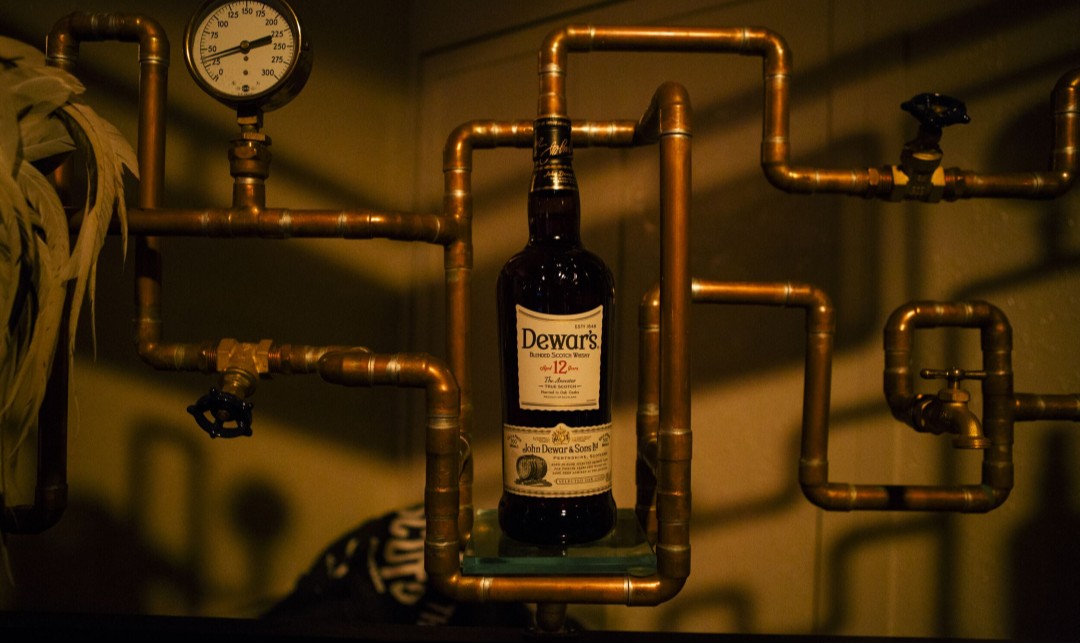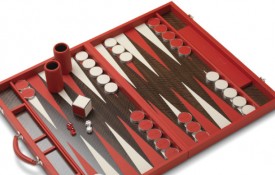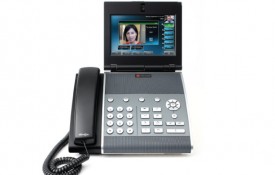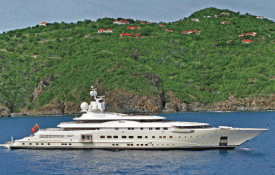Pete Carr probably knows exactly how you like your drink. With a career in the beverage business that spans more than 30 years, the man in charge of commercial operations across North America for Bacardi, the world’s largest privately held spirits company, makes it a priority to know the minutiae and movements of American tastes. Whether it’s consumers’ growing interest in aged tequilas driving new releases from Patrón, the discerning drinking habits of the millennial and Z generations, or the trending low-alcohol beverages—which leads him to share a step-by-step recipe for a Martini & Rossi Fiero cocktail (possibly the upcoming hit of summer 2020)—his enthusiasm for the more than 200 labels in Bacardi Limited’s portfolio is a hallmark of the company’s culture.
“It’s never been a better time to be in the spirits business, particularly if you play in the premium and super premium space like we do,” he says. “Spirits are growing faster than beer or wine and it’s because people are drinking more kinds of spirits, across more kinds of occasions. Today, people like variety, whether it’s bespoke Bloody Marys during brunch at a gastropub, aperitif cocktails at an outdoor patio bar, or spirit-forward drinks by an award-winning bartender at a top cocktail bar.”

Pete Carr, the man in charge of commercial operations across North America for Bacardi.
The Miami-based executive is not alone in his zeal. For the family-owned Bacardi, founded 158 years ago with the birth of top-selling rum in Santiago de Cuba, the key to remaining competitive is keeping 7,000 employees completely immersed in the company culture and keeping each brand true to their unique histories, from icons like Grey Goose, Dewar’s, and Bombay Sapphire, to upstarts like William Lawson’s whiskey, Angel’s Envy bourbon, and St-Germain elderflower liqueur.
Run with a family ethos, Bacardi has twice earned Great Place to Work certification, while the company overall has held its place on Forbes’ list of the World’s Most Reputable Companies seven years in a row. Employees enjoy scores of thoughtful programs that range from personal days for community service during Corporate Responsibility Month to the Next Gen competition, which encourages employees to submit a concept or passion project. Employees create teams, devise plans, and pitch them to leadership who in turn grants funding and R&D time to bring the ideas to market. Winning ideas have included the creation of an eco-conscious method for manufacturing soap from discarded lemons used in cocktails, and a mixology training program for underemployed young adults. It makes sense for this portfolio of legacy spirits to have a corporate culture that rests on the pillars of “fearless, family, and founders.”

“At Bacardi, just because your title says one thing doesn’t mean you are confined to just that job,” Carr explains. “And a founder’s mentality is about having the spirit of entrepreneurship at the heart of everything we do and treating the company as if it were your name on that bottle.”
Intense community-building inside Bacardi extends to its brand ambassador program, out-of-the-box marketing and advertising strategies, and nurturing of individual brands, resulting in a potent cocktail that keeps the company winning. Recently, the Bermuda-based corporation acquired Patrón tequila, a power move that has engendered a growth rate of 7.5 percent, thanks to Americans’ insatiable appetite for tequila.
Carr is predicting the next payoff will come from our craving for rum—you might soon be asking your bartender for a classic mojito or a rum-based old-fashioned. One of his own go-to cocktails is Bacardi Reserva Ocho (a recipe created in 1862), on the rocks with an orange peel. “For the past few years, we’ve heard quite a lot about the premiumization of vodka, tequila, gin—but rum has been left out of the conversation,” he says. “Turns out, it’s now rum’s turn to go premium. And who better to do it than Bacardi? We’ve led the rum category since our inception and our maestros de ron are able to pull from seven generations of rum-making experience at the company.”

The way he sees it, it’s all in the family. And it’s also in the mix of innovation, experimentation, and allowing each label to grow at its own pace. “We’re lucky in that we don’t have to answer to the street,” says Carr. “We’re not tied to market pressures so we can do the right thing for our brands, our people, and our partners. We think about building a future for the next generation.”












































